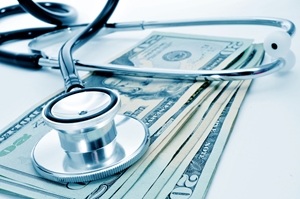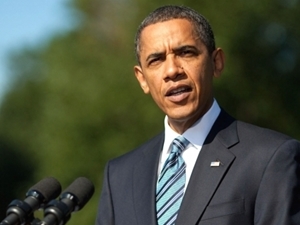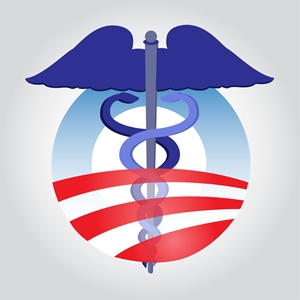
To put teeth behind the Affordable Care Act's requirement that everyone be insured, the government implemented a financial penalty for all business that don't provide employee benefits and a tax to all financially capable consumers who aren't covered.
Thus far, more than $1 billion has been collected by the government, as the IRS has cracked down on Americans who aren't abiding by the ACA mandate.
Overall, an estimated 7.5 million taxpayers have been hit by the ACA penalty requiring that they pay a portion of their income if they don't have health insurance, as the law requires, according to a recent report from CNBC. That's approximately 1.5 million more than what federal officials had predicted would not abide by the ACA, thus incurring the fine as a result.
$1.5 billion collected thus far
On average, taxpayers without health insurance paid a $200 penalty for not abiding by the health care mandate, according to statistics collected from the Internal Revenue Service by CNBC. That adds up to approximately $1.5 billion.
Mark Mazur, assistant treasury secretary for tax policy, noted in a blog post at the U.S. Department of Treasury's website that many of the people who were fined may be eligible for a deferral.
"The IRS will be reaching out to these taxpayers to inform them about available exemptions and note that they may benefit from amending their tax return," Mazur said, according to CNBC. "This outreach will also help educate taxpayers about the options they have for future years."
The Department of Treasury estimates that as many as 300,000 people may be exempted from the health insurance requirement. Potential reasons include insufficient means of income, eviction in the last six months, bankruptcy or the recent death of a loved one.
One of the ways in which more people have gotten insured through the Affordable Care Act is with subsidies. For many Americans who earn less than the U.S. median household income, which is approximately $53,000 for an individual, they may be able to receive financial assistance to help defray the cost of health insurance that's bought through the exchanges.
This ability was recently challenged by opponents of the ACA, who pointed out that the ACA law, as written, only allows people who purchase health insurance through the state exchanges to receive this benefit. Millions of Americans had been subsidized through the federally facilitated marketplace, HealthCare.gov.
The U.S. Supreme Court ultimately decided in favor of the government, allowing those who received subsidies through HealthCare.gov to maintain them.
"[The] Supreme Court decision confirms that the Affordable Care Act's tax credits are available to all eligible Americans no matter where they live," said Sylvia Burwell, secretary for the U.S. Department of Health and Human Services following the high court's 5-to-4 decision in favor of the government. "Americans in all 50 states and the District of Columbia can continue to rely on the security and peace of mind that come with affordable, quality health care coverage."
Americans supportive of subsidy ruling
For the most part, Americans approved of the Supreme Court's ruling on subsidies. Approximately 62 percent of consumers said they supported the majority opinion that allowed for subsidies in the state exchanges, based on a poll done by the Kaiser Family Foundation.





